08/05/2023 13:03
Our province has identified rubber and coffee as the main crops of the province. Therefore, ensuring stable, sustainable and planned development of these crops is an important task.
To continue exploiting and promoting the advantages of land and climate, in recent years, our province has implemented many policies to support the development of coffee trees, aiming to build large-scale, high-quality raw material areas.
In particular, focusing on supporting the expansion of cold-climate coffee areas in Tu Mo Rong, Dak Glei and Kon Plong districts in a modern and sustainable direction, forming a value chain for production, processing and consumption of products associated with the brand "Kon Tum cold-climate coffee". The goal by 2025 is to renovate, restore and develop about 5,000 hectares of cold-climate coffee, forming at least 3 tea coffee value chains; the average output value is over 80 million VND/ha. Establish a high-tech agricultural area in Dak Ha district to develop Robusta coffee; at the same time, promote the program of replanting old, ineffective coffee trees with new coffee varieties with higher productivity and quality.
|
Currently, the total coffee area in the province is 29,127 hectares, mainly concentrated in Dak Ha, Dak To, Sa Thay, Dak Glei and Ngoc Hoi districts.
Before the new planting season in 2023, the high price of green coffee beans on the market has put a lot of pressure on maintaining the area of this crop. Therefore, the Department of Agriculture and localities must focus on propaganda and advise people not to massively expand the area, disrupt the planning, instead, they need to actively implement good agricultural practices, produce coffee according to 4C UTZ standards, and build a sustainable intensive standard process to improve the quality and value of goods.
In addition, sectors and localities increase support and create conditions for businesses and cooperatives to invest in processing to increase the value of coffee, and link with farmers to build production and product consumption chains.
Currently, in the province, there are about 10 establishments purchasing and processing coffee beans; 27 establishments processing ground coffee, 3 establishments processing both ground coffee and instant coffee. Ground coffee and instant coffee products have been exported to a number of countries such as Singapore, Belgium, Switzerland, Spain, and Mexico.
Along with coffee, rubber is a key crop that the province focuses on developing according to the plan. Currently, the rubber area in the province is about 77,500 hectares; rubber trees are grown in Kon Tum city, Sa Thay, Dak To, and Dak Ha districts.
|
In the province, there are 11 rubber latex processing projects, mainly processing latex sheets and granules for export and use as raw materials for the processing industry, and 1 deep processing factory producing rubber bands for export to China, Canada, Türkiye, and Korea.
In recent years, the phenomenon of people spontaneously planting rubber has not been much, so the rubber area has been kept relatively stable (only increased by about 2,700 hectares in the past 6 years). However, compared to the goal of the Resolution of the 16th Provincial Party Congress, which is to strive to stabilize the rubber area at about 70,000 hectares by 2025, it is still high. Therefore, at this time, the Department of Agriculture and localities are continuing to propagate and educate people and businesses not to plant new rubber. At the same time, mobilize and guide people to convert rubber areas that have expired their exploitation cycle to grow fruit trees and macadamia, and reduce the rubber planting area in unsuitable areas.
It can be said that the development of long-term industrial crops in the province is being carried out vigorously and in the right direction, ensuring compliance with the planning. Along with maintaining the stability of the area, all levels and sectors are stepping up calling for and attracting businesses to invest in the processing sector, especially deep processing, to create many high-quality products with high added value; expanding export markets to facilitate output and increase product value.
Planning and sustainable development of industrial crops is an important solution contributing to the effective implementation of the goal of restructuring the agricultural sector associated with building new rural areas of the province, aiming to gradually create positive changes in agriculture, rural areas and farmers' lives in the province. Thereby, overcoming the situation of fragmented and spontaneous cultivation following market demand, leading to the situation of "good harvest, low price", "planting and then cutting", negatively affecting social psychology, causing economic losses, people's income and socio-economic development of localities in particular and the province in general.
Thien Huong
Source link




![[Photo] President Luong Cuong receives Lao Vice President Pany Yathotou](https://vphoto.vietnam.vn/thumb/1200x675/vietnam/resource/IMAGE/2025/5/25/958c0c66375f48269e277c8e1e7f1545)
![[Photo] Festival of accompanying young workers in 2025](https://vphoto.vietnam.vn/thumb/1200x675/vietnam/resource/IMAGE/2025/5/25/7bae0f5204ca48ae833ab14d7290dbc3)
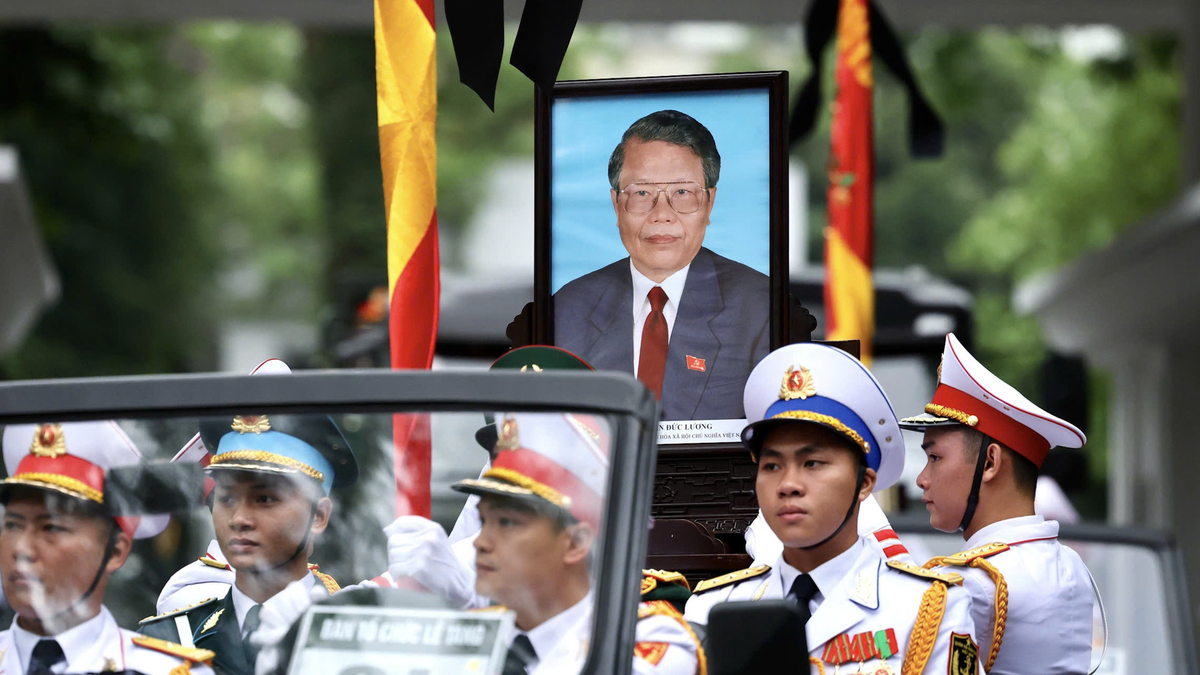

![[Photo] Memorial service for former President Tran Duc Luong in Ho Chi Minh City](https://vphoto.vietnam.vn/thumb/1200x675/vietnam/resource/IMAGE/2025/5/25/c3eb4210a5f24b6493780548c00e59a1)
![[Photo] President Luong Cuong receives Vice President of the Cambodian People's Party Men Sam An](https://vphoto.vietnam.vn/thumb/1200x675/vietnam/resource/IMAGE/2025/5/25/6f327406164b403a8e36e8ce9d3b2ad2)
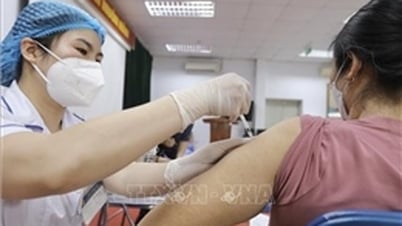
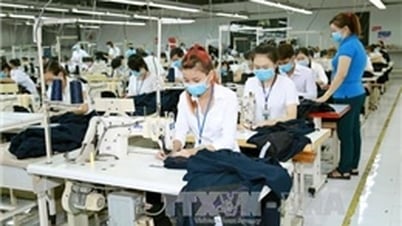



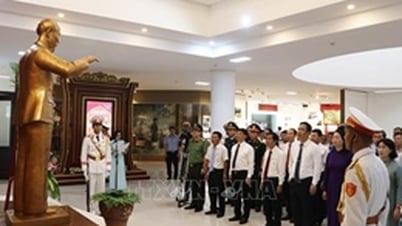




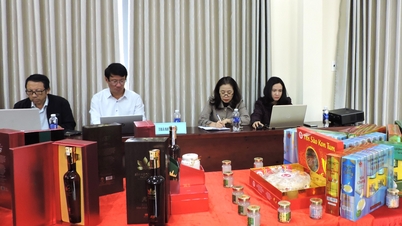




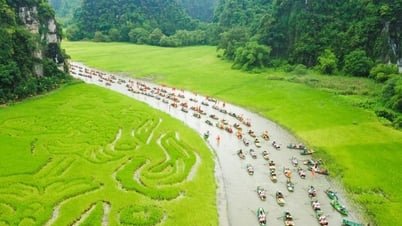

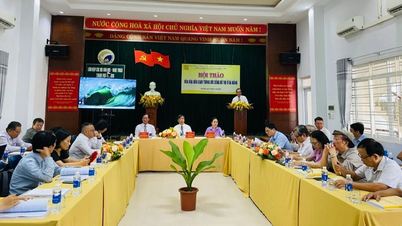

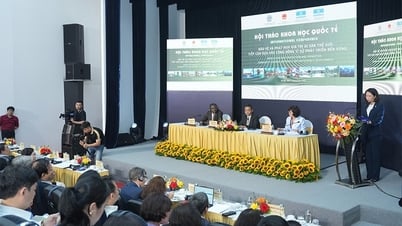





















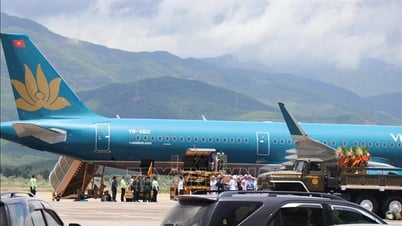

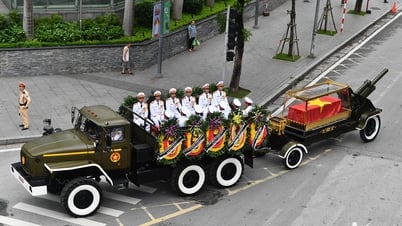











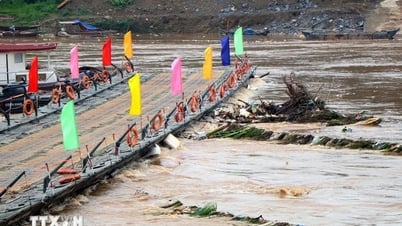



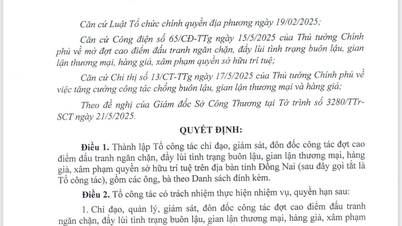










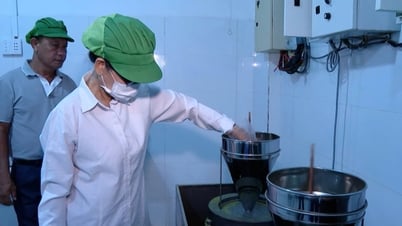




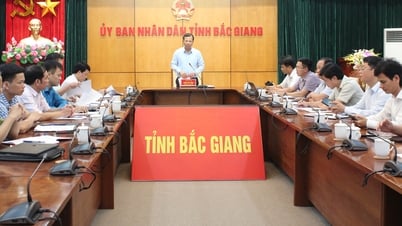

Comment (0)